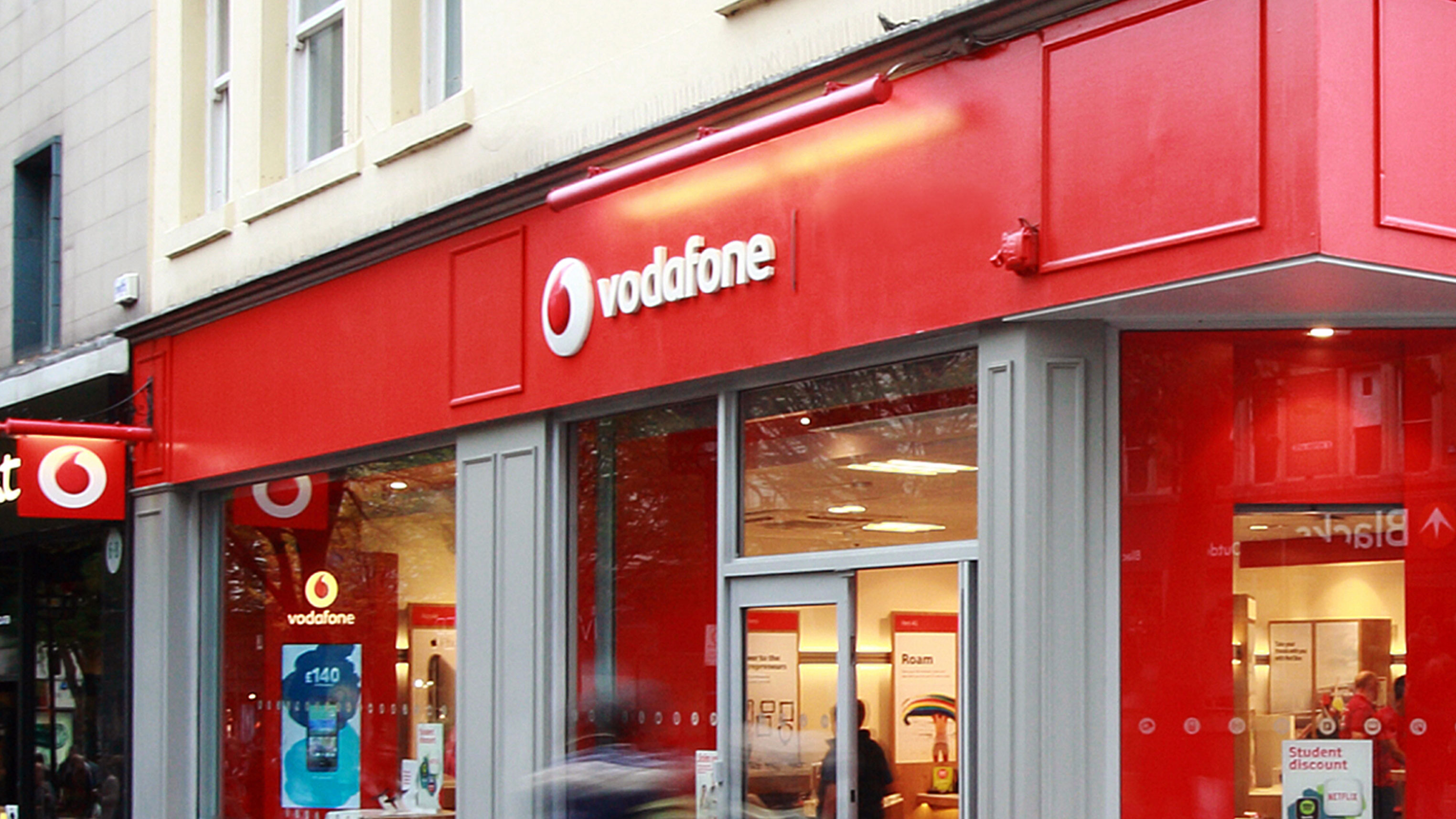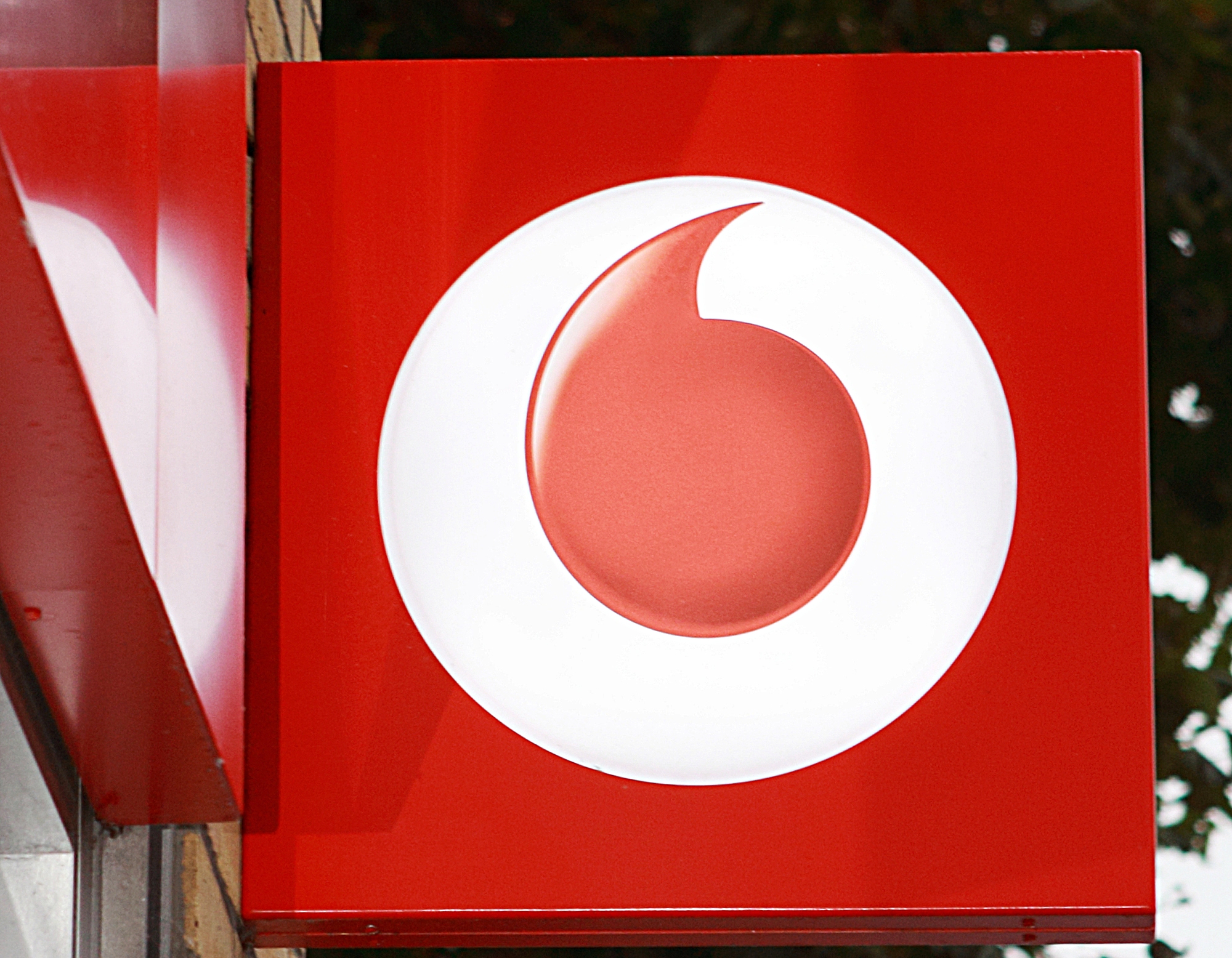Vodafone's Liberty Global acquisitions are a big deal for European telecoms
Vodafone's new acquisitions could affect future 5G and converged networks across Europe

If Vodafone is able to complete the €18.4 billion acquisition of Liberty Global’s cable networks in Germany, the Czech Republic, Hungary and Romania, it will be the most significant development in the European telecoms landscape for some time.
It’s no secret that Vodafone has struggled and been left frustrated by intense competition, economic pressures and stricter regulation in the European market over the past few years.
This contrasted with strong performances in the US, where it held 45 per cent of Verizon Wireless, and in emerging markets, which made it easy to speculate whether Vodafone was falling out of love with its homeland.
But a £19 billion ‘Project Spring’ investment programme for its mobile infrastructure, the acquisition and construction of fixed networks across Europe and the sale of its US interests, mean Vodafone is a different company in 2018. And now its entering the next stage.
Strenghtened
“The proposed deal will significantly strengthen Vodafone’s operations in key strategic markets,” said Gary Barton, an analyst with GlobalData. “Germany is its largest national market and the company has long since highlighted that Eastern Europe represents an important area for growth.
“If the transaction is completed, Vodafone will be able to offer fixed and mobile network services in the Czech Republic, Hungary and Romania, increasing its ability to serve local consumer and enterprise customers and making it a valuable potential network partner for enterprises looking towards Eastern Europe.”
Vodafone is pinning its hopes on converged networks, and if the deal is completed than its ‘Next Generation Network’ will reach 110 million properties across the continent, including 54 million on its own infrastructure.
Are you a pro? Subscribe to our newsletter
Sign up to the TechRadar Pro newsletter to get all the top news, opinion, features and guidance your business needs to succeed!
“There is a business evolution and clearly convergence is maturing,” said Vodafone CEO Vittorio Colao. “Over time, the logic of putting together mobile and fixed assets becomes stronger. We’ve seen it in the UK with BT and EE and in the Netherlands with Vodafone and Ziggo.”
Converged future
Coupled with mobile networks in Germany, Italy, Portugal, Spain, the UK and other countries across Europe and you have a European telecoms giant with the scale to compete with US and Asian giants – and this could have huge implications on the race for 5G.
The fragmented nature of the European telecoms market is one of the reasons that the US, Japan, South Korea and China are leading the way when it comes to 5G. But an enlarged group with the fixed and mobile capabilities of Vodafone can invest more in R&D and roll out services to more people more rapidly.
The proposed deal would also allow for cost savings, and allow Vodafone to cross-sell services to the two customer bases – making its balance sheet that much better.
“We have delivered synergies in Spain, and the Netherlands, so we’re confident about [Germany and central Europe],” said Colao.

UK future
But what about the UK? BT also sees its future in convergence now that it has EE, but Vodafone lacks its own fixed infrastructure in its backyard. When Vodafone sold its stake in Verizon Wireless there was a suggestion that some of the proceeds could go towards buying Liberty Global in its entirety. That is far more unlikely now, and it could be argued that the possibility of Vodafone buying Virgin Media alone has decreased too.
Vodafone has agreed a deal to use CityFibre’s FTTP infrastructure in the UK once it’s completed, while Virgin Media is migrating its mobile users to a ‘thick’ MVNO on EE’s network. On the face of it, it appears as though both parties are too far along separate paths.
However CityFibre only plans to reach one million premises by 2021, and the overall scope of the project is limited five million, mainly in urban areas. Acquiring Virgin Media would give Vodafone immediate access to 15 million homes and businesses in more areas of the UK.

Colao refused to rule out such a move but said the UK wasn’t on the table at present. Analysts are confident that an acquisition or even a joint-venture might take place in the future.
“When Vodafone and Liberty Global confirmed M&A talks in February, it was made clear that negotiations involved only continental assets, ruling out overlapping operations in the UK and Ireland,” said IHS Markit. “Nevertheless, IHS Markit expects both Vodafone and Virgin Media to continue exploring strategic options in the UK.
“Vodafone still lacks the scale needed to be a converged operator in the UK, whereas Virgin Media requires mobile assets to execute a more comprehensive fixed-mobile convergence strategy, as Liberty Global focuses on scaling its operations in selected markets.”
EU regulators will have their say on the deal and Vodafone expects it to be passed – no matter how much it might upset Deutsche Telekom. If it does, Vodafone would become arguably the continent’s most influential telco and Project Spring would have given way to summer.
Want to find out more about 5G? Check out our dedicated 5G hub!
- Check out the best broadband deals for May 2018
Steve McCaskill is TechRadar Pro's resident mobile industry expert, covering all aspects of the UK and global news, from operators to service providers and everything in between. He is a former editor of Silicon UK and journalist with over a decade's experience in the technology industry, writing about technology, in particular, telecoms, mobile and sports tech, sports, video games and media.